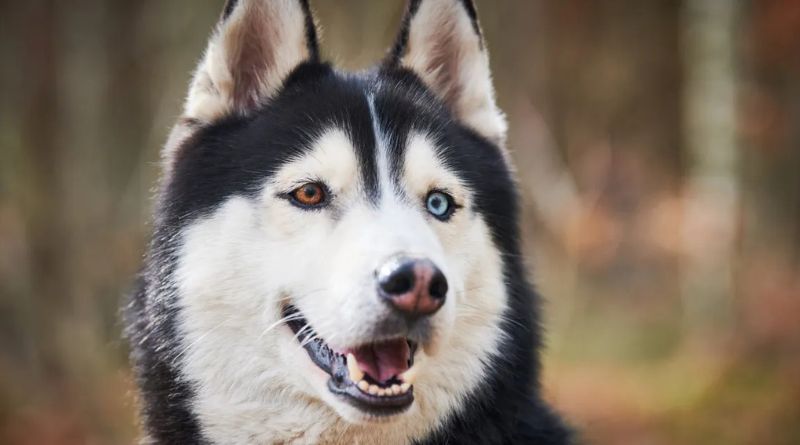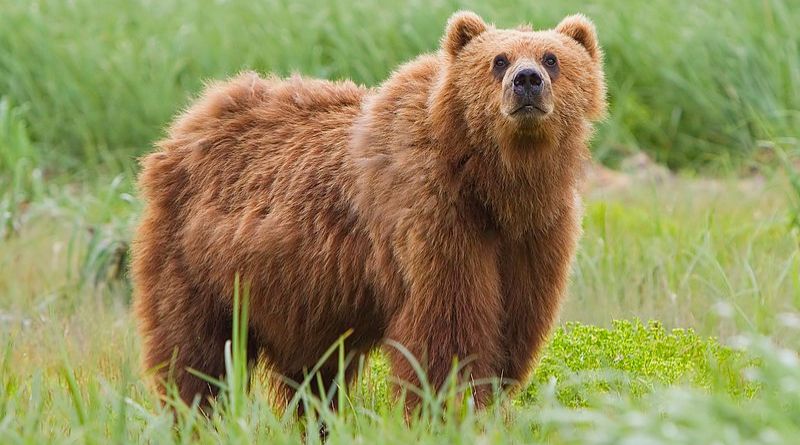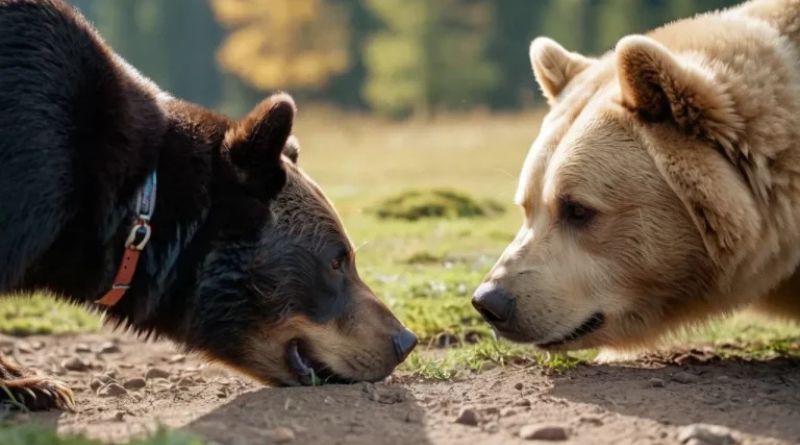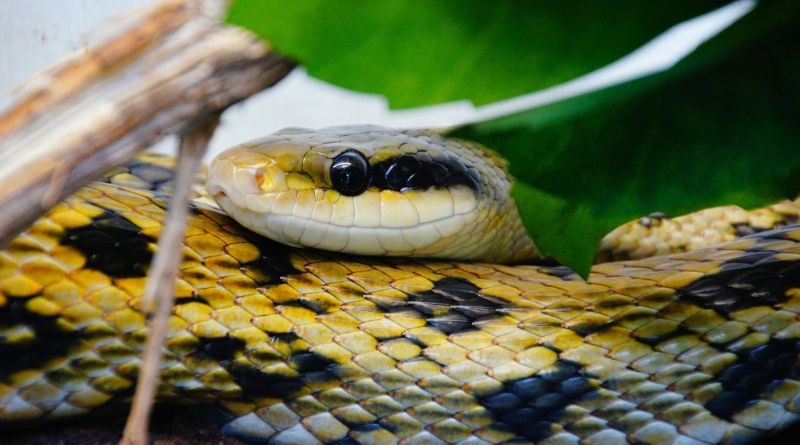Huskies are widely known for their striking appearance, energetic personalities, and unique vocalizations. When it comes to communication, huskies are not shy. Whether they’re howling, whining, barking, or making other sounds, these dogs are very expressive. But why are huskies so vocal? This article explores the reasons behind a husky’s vocal nature, delving into their history, behavior, and the various types of sounds they make.
Table of Contents
A Brief Overview of Huskies
Huskies are a type of working dog originally bred by the Chukchi people of Siberia. They were designed to pull sleds in cold, harsh conditions, making them incredibly strong, independent, and resilient. Due to their history and lineage, huskies are naturally energetic and social dogs with a deep connection to their owners and the world around them.
Their vocalizations are a big part of their personality. Huskies have been compared to wolves in terms of behavior and communication. As descendants of these wild animals, it’s no surprise that huskies use a variety of sounds to communicate their needs and emotions.
Why Are Huskies So Vocal? The Root Causes
Huskies are often described as being “talkative” dogs, and their vocal nature can be traced back to several factors. Let’s dive deeper into the reasons why these dogs make so many different sounds.
1. Natural Instincts and Ancestry
Huskies’ vocal behavior is largely rooted in their ancestry. As sled dogs, they were required to communicate effectively with their team and their human handlers. In the wild, wolves—who are close relatives of huskies—use vocalizations to communicate with their pack, whether it’s to coordinate a hunt, alert others of danger, or express emotions. Huskies have inherited these instincts.
While huskies are not wild animals, their need to communicate using sounds is very much present. They may “talk” to their owners, other dogs, or even animals they encounter, mimicking the social structure and communication systems of their wolf ancestors.
2. Desire for Attention and Social Interaction
Huskies are known for being highly social dogs. They crave interaction and often make noises to get attention. Whether it’s a soft whine when they want to play, or a loud howl when they’re feeling particularly neglected, these dogs have learned that vocalizing can be an effective way to communicate with their humans.
When left alone for extended periods, huskies can become anxious or bored. Their vocalizations may be a way of expressing these emotions. A husky may bark or whine to get attention or to ask for companionship and playtime. Their desire for social engagement can lead to increased vocal behavior.
3. Communication with Other Dogs
Huskies are pack animals by nature, and vocalization plays a key role in maintaining these social structures. In a pack, dogs use various sounds to communicate. Huskies will often use vocalizations to communicate with other dogs in the household or during walks in the neighborhood.
For example, they may bark or howl to let another dog know they are present or to signal that they want to play. These vocalizations can also be a way to assert dominance or show submission, depending on the situation. Additionally, huskies may make sounds to establish their position within a group of dogs.
4. Howling: A Husky’s Signature Sound
One of the most well-known features of huskies is their love of howling. Howling is a natural behavior for huskies, as it is rooted in their ancestry as sled dogs and their wolf lineage. In the wild, wolves use howling to communicate over long distances, especially when separated from their pack.
Huskies are known to howl in response to various stimuli, such as sirens, music, or even certain sounds from around the house. Some huskies are more prone to howling than others, but it’s generally considered to be an inherent part of the breed’s personality. In many cases, huskies may also howl to get attention or as a form of expressing excitement.
5. Vocalizing Due to Excitement
Huskies are full of energy and excitement. Whether they’re anticipating playtime, a walk, or food, huskies often express their excitement through vocalizations. These sounds can range from whines and barks to high-pitched yips and even growls.
Excitement-induced vocalizations may happen when a husky sees their owner grab the leash or a treat bag. Huskies can get very vocal when they’re eager, showing just how emotionally connected they are to their human companions and activities.
6. Separation Anxiety
While huskies are incredibly independent, they are also known to form strong bonds with their owners. When left alone for long periods of time, they may develop separation anxiety, a condition that causes them to feel stressed or scared when away from their owners.
A husky with separation anxiety may vocalize excessively, including barking, whining, or howling, to express distress. These sounds are a way for them to communicate their discomfort with being alone. If a husky’s vocalizations become persistent or disruptive when left alone, it’s a good idea to consult a veterinarian or behaviorist to help address the underlying issue.
7. Boredom and Lack of Mental Stimulation
Huskies are intelligent dogs that need a lot of mental stimulation. Without enough exercise or activities to engage their minds, they can become bored and may start vocalizing more to express their frustration. This can result in increased barking, howling, or whining as a way of getting attention or finding a way to pass the time.
If a husky is left without sufficient mental and physical stimulation, the vocalizations can become a repetitive way to release pent-up energy. Providing interactive toys, puzzle feeders, and regular exercise can help reduce these sounds by keeping the dog engaged.
Common Sounds Huskies Make
Huskies are capable of making a wide range of sounds. Below are some of the most common vocalizations you may hear from a husky:
1. Howling
Howling is the most iconic sound a husky can make. It’s loud, often long-lasting, and can be triggered by various stimuli, including sirens, other dogs howling, or even high-pitched noises. Some huskies may howl along to music, especially songs with a melody they seem to enjoy.
2. Barking
Huskies can bark, but they don’t bark as much as some other breeds. Typically, huskies reserve barking for things that require attention, such as alerting their owner to a new person at the door or signaling their need for something (food, play, etc.). However, they tend to bark in a lower, less frequent manner than smaller breeds.
3. Whining
Whining is another common sound in huskies, often used to signal discomfort, a need for attention, or excitement. A husky may whine when it’s hungry, wants to play, or is feeling anxious. Whining can also occur if a husky is left alone for an extended period or when they are seeking affection.
4. Yipping or Yelping
Huskies may make higher-pitched yips or yelps, especially when they’re in pain, scared, or excited. This sound is less common but may happen when a husky encounters a new or surprising situation.
Managing Excessive Vocalization
While vocalization is natural for huskies, excessive barking or howling can become problematic. Here are some ways to manage your husky’s vocalizations:
- Provide plenty of exercise and stimulation: A tired husky is less likely to vocalize excessively. Ensure your dog is getting enough physical exercise and mental stimulation every day.
- Train your husky: Training is essential for teaching your dog when it’s appropriate to vocalize. Positive reinforcement methods can be used to reward quiet behavior and discourage excessive barking.
- Address separation anxiety: If your husky’s vocalizations are a sign of separation anxiety, consult a professional to address this behavior through gradual desensitization or other methods.
FAQs About Huskies and Their Vocalizations
1. Are all huskies vocal?
Not all huskies are equally vocal. While many huskies tend to howl or make other noises, some may be quieter than others. The level of vocalization depends on the individual dog’s personality and their environment.
2. Do huskies ever stop howling?
Huskies may stop howling once they’ve expressed themselves, especially if the trigger (such as a siren) has passed. However, if a husky is howling for attention or excitement, they may continue if not redirected.
3. Can huskies learn to be quieter?
Yes, with training, huskies can learn when to be quiet. Consistent training using positive reinforcement can teach your husky to reduce excessive vocalizations. However, some level of vocalization is normal for the breed.
4. What if my husky howls excessively?
If your husky is howling excessively or it’s causing problems, consider working with a professional dog trainer or behaviorist. They can help address the root cause of the howling and teach you techniques to manage the behavior.
5. Are huskies easier to train than other breeds?
Huskies are intelligent but can be independent and stubborn, making training challenging at times. However, with patience, consistency, and positive reinforcement, huskies can be trained effectively.
Conclusion
Huskies are vocal dogs, and their wide range of sounds reflects their rich history and deep social nature. Whether they’re howling to communicate with their pack, barking to alert you, or whining for attention, vocalization is a key part of what makes huskies such unique companions. Understanding the reasons behind their vocal behavior can help you better communicate with your husky and ensure they’re happy, healthy, and well-adjusted. By providing adequate stimulation and training, you can manage their vocalizations and enjoy the many joys of owning this vocal, energetic breed.









Leave a Reply